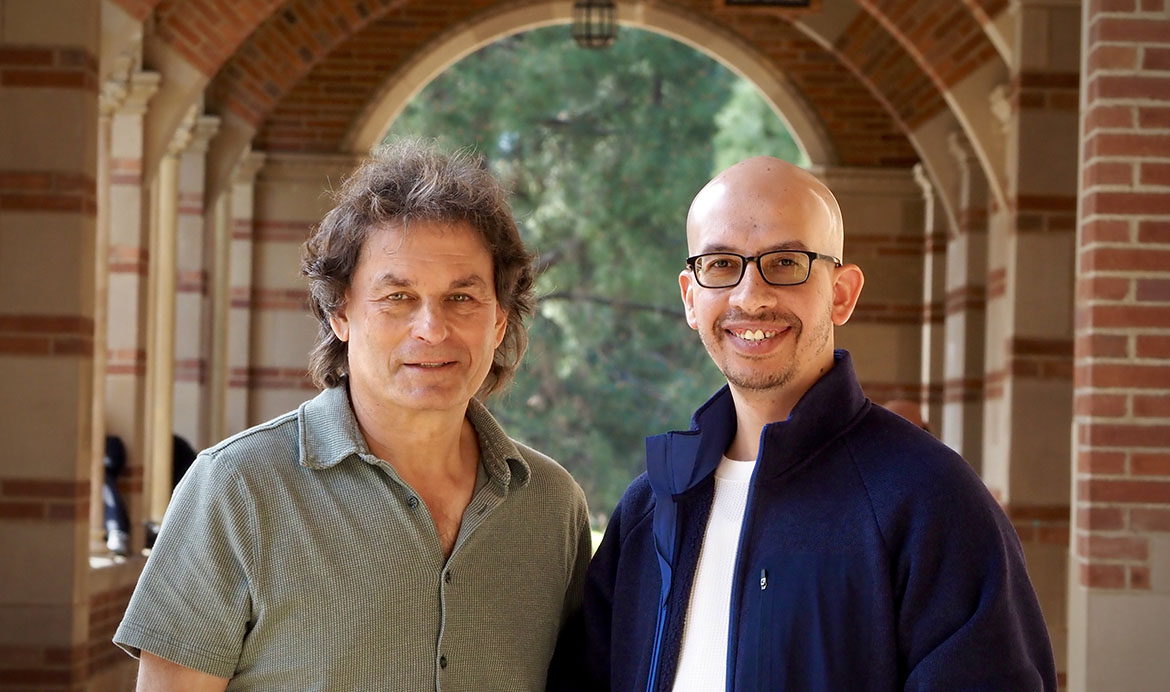
A landmark event at Parliament House in Canberra is set to highlight the transformative power of genetic screening in preventing life-threatening diseases. Participants of the Monash University-led national DNA Screen study will share their personal stories of discovery, risk, and prevention. The study, a world-first, found that 1 in 50 young Australians are at high genetic risk of cancer or heart disease.
The event, hosted by the Parliamentary Friends of Genomics and Genetic Treatment, will take place tomorrow. It aims to showcase the potential of DNA screening as a preventive measure in public health. The study tested approximately 10,000 Australians aged 18–40, identifying 202 individuals with genetic variants that significantly increase their risk for certain cancers and heart disease. Those identified were offered genetic counseling and referrals to local public genetics services, paving the way for increased surveillance and prevention.
The Role of DNA Screening in Public Health
Professor Paul Lacaze, the lead of DNA Screen and Head of Public Health Genomics at Monash University, emphasized the preventive nature of the initiative. “This is about prevention. If we can identify people early, before disease develops, we can intervene, save lives, and reduce future healthcare costs. DNA screening has the potential to transform public health in Australia,” he stated.
Dr. Jane Tiller, co-lead of the study and Ethical, Legal, and Social Adviser in Public Health Genomics at Monash University, highlighted the enthusiasm among young Australians for genetic risk information. “DNA Screen was wildly popular, with tens of thousands of young people registering their interest. Young Australians want genetic risk information to enable them to take preventive steps for their health. We must ready the health system for population DNA screening, and start to use genomic information to prevent disease, as well as for diagnosis and treatment,” she explained.
Understanding Genetic Risks
The DNA Screen genetic test detects changes in DNA that cause a high genetic risk of developing three specific conditions:
- Hereditary breast and ovarian cancer (HBOC) – Linked to BRCA1/2 genes, this condition poses a high risk of breast and ovarian cancer in women and prostate cancer in men.
- Lynch syndrome (LS) – This condition increases the risk of bowel (colorectal) cancer in both men and women, as well as endometrial and ovarian cancer in women.
- Familial hypercholesterolaemia (FH) – Characterized by high cholesterol from an early age, this condition raises the risk of heart disease or stroke.
For these conditions, effective, proven risk-reducing interventions are available if detected early, offering a significant opportunity for prevention and treatment.
Personal Stories of Impact
The real-life impact of the DNA Screen study is best illustrated through the stories of young Australians identified as at-risk. Georgie, a 33-year-old from Hobart, discovered she has a BRCA2 variant linked to HBOC. “When I found out I had the BRCA2 gene it was a bit of a shock. Now I feel a lot better and I know I can do something about it,” she shared. Georgie has since engaged with genetic counselors and a breast surgeon to consider surgical options and organized an annual MRI. “After a while you realize that I can actually prevent something and have more control over my health,” she added.
Similarly, Ben, a 39-year-old from Sydney, carries a PALB2 variant associated with HBOC. “When I received the results, I was caught entirely off guard. I wasn’t aware of any significant family history that would have given me cause to get tested. I only found out because of this pilot program,” he said. Ben has since encouraged his extended family to get tested and has made personal lifestyle changes to reduce his cancer risk, including losing weight and reducing alcohol consumption.
Looking Ahead
The DNA Screen study and the upcoming event at Parliament House represent a significant step forward in integrating genetic screening into public health strategies. As more young Australians become aware of their genetic risks, the potential for early intervention and prevention grows, promising a future where genetic information plays a crucial role in healthcare.
With the success of this pilot program, experts are calling for the health system to prepare for broader population DNA screening. The insights gained from genomic information could not only prevent disease but also enhance diagnosis and treatment, marking a new era in personalized medicine.







